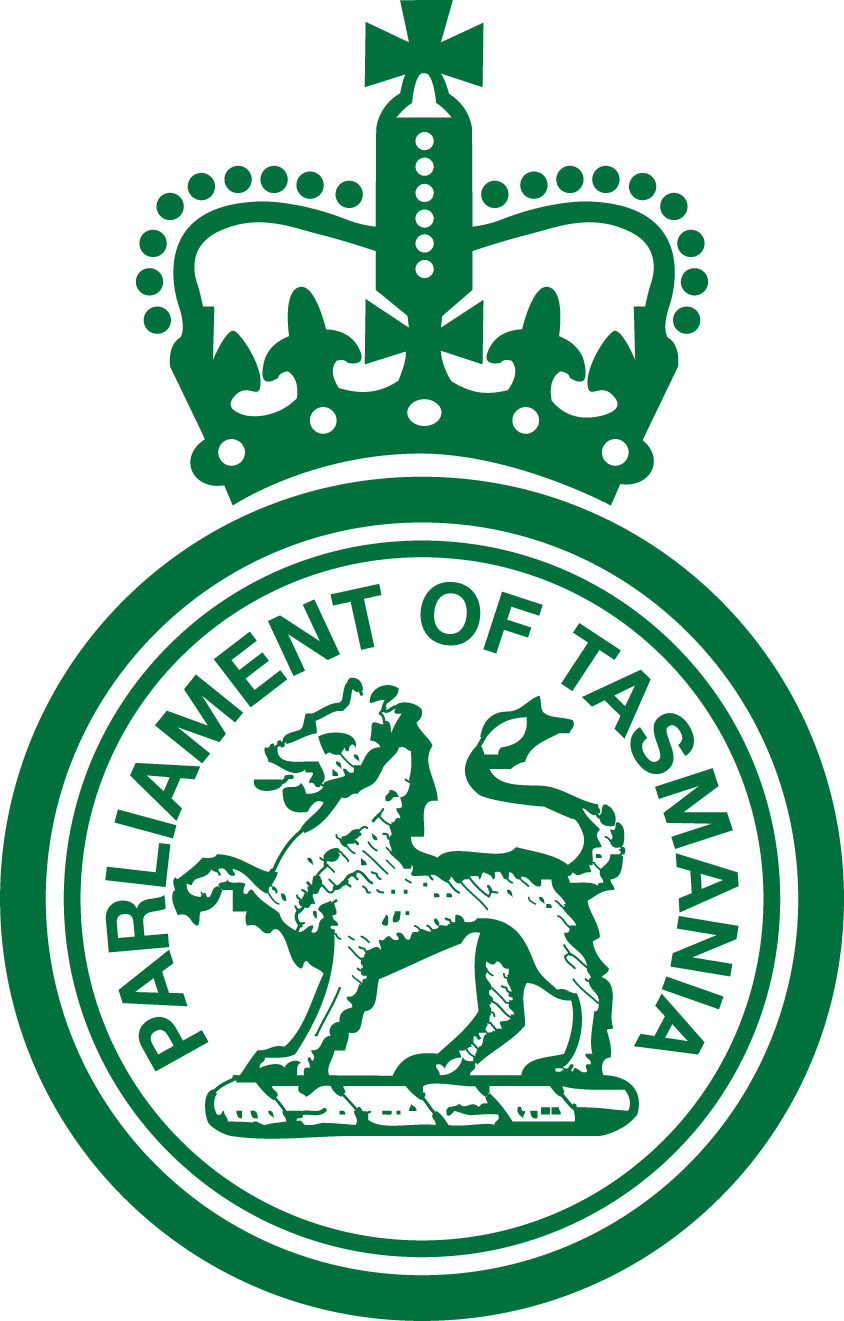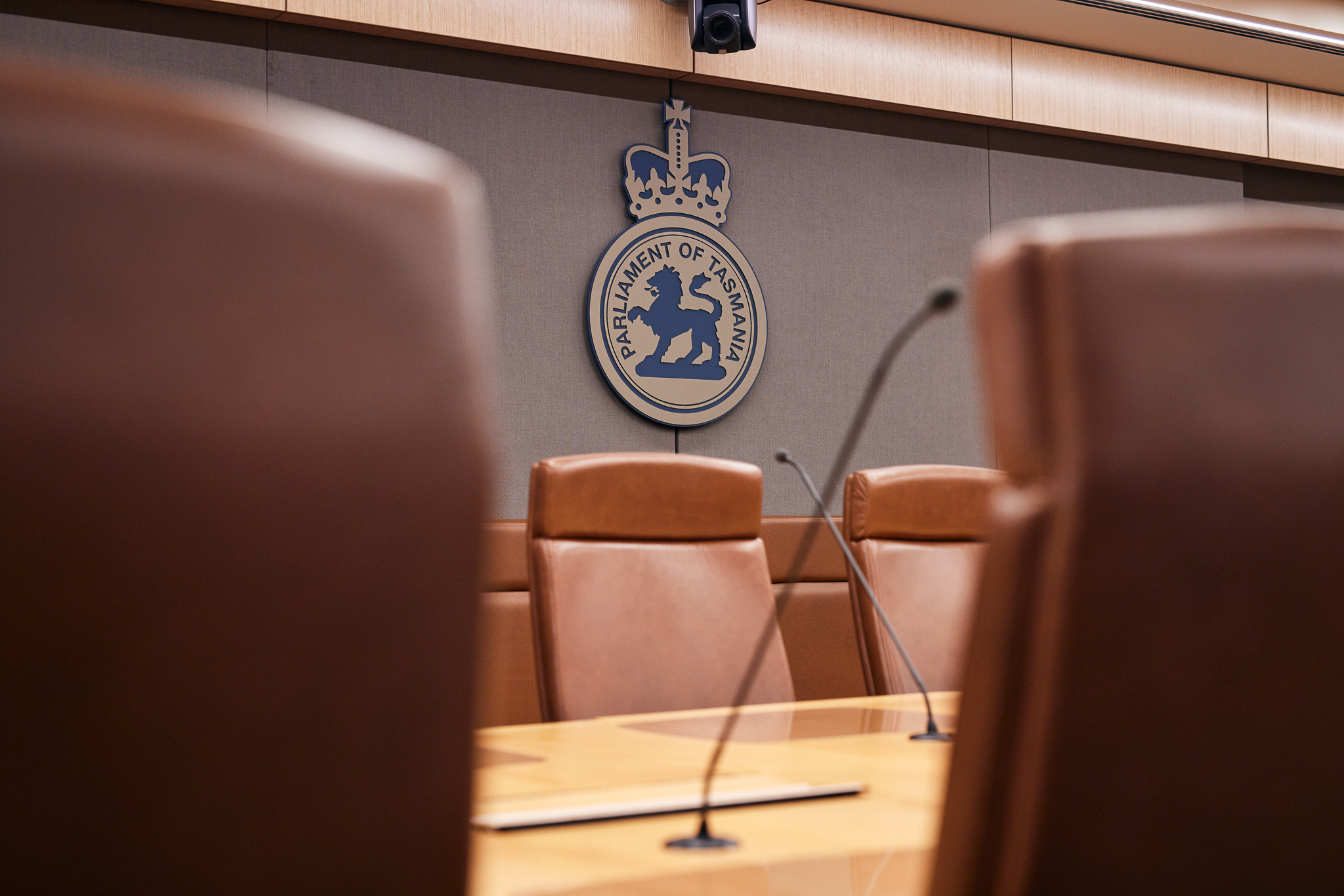Information for Witnesses

Important: Please read the following notes before giving evidence
Introduction
- During committee inquiries, committees often hold public hearings to build on information provided in written submissions. These hearings allow the committee to hear directly from interested parties and to clarify issues raised in written submissions. Following the closure of written submissions, a committee may invite individuals or organisations who have provided a submission to attend a public committee hearing. Committees may also invite witnesses to attend who have not provided a submission if it deems it necessary. Individuals may request to appear before a hearing, but the final decision rests with the committee itself.
- A committee hearing is a proceeding in Parliament. As such, a witness must not deliberately mislead the committee and must respect the members of the committee and the committee’s standing orders and procedures. A witness who wilfully gives false evidence is guilty of contempt.
What happens at a hearing
- When attending a committee hearing, witnesses are asked to arrive 5 to 10 minutes before their scheduled time if appearing in person. At the scheduled time, witnesses will be escorted to the Table by one of the committee’s staff. Once seated, the Chair of the committee will ask the witness:
- to state their full name and the capacity in which they are appearing before the committee, including job title if relevant;
- make a statutory declaration about the truth of the evidence to be presented, similar to a witness giving evidence in a court.
- If appearing virtually, witnesses will be provided access to the meeting by one of the committee’s staff. Once ready, the Chair of the committee will:
- prompt the witness to state their full name and the capacity in which they are appearing before the committee, including job title if relevant;
- read aloud the statutory declaration for the witness to affirm.
- If a witness is appearing from interstate, they will not take a statutory declaration as they are outside of the jurisdiction of Tasmania and hence the committee’s statutory remit.
- Witnesses who may appear at more than one hearing of the committee do not need to be re-sworn if they have already taken the statutory declaration at a previous hearing of the committee.
- After administering the statutory declaration, the Chair may make an introductory statement and will invite the witness to make a brief opening statement to the committee.
- The Chair may then ask the witness a series of questions, following which other members of the committee may ask more questions. With limited exceptions (discussed below) the witness must answer questions asked.
- If a witness is unable to answer a certain question on the spot, the committee may ask the witness to provide an answer at a later time. If this is the case and the witness agrees, the committee will write to the witness following the hearing with the questions the committee is seeking answers to. A date will be provided for when the answer is due back to the committee.
- If a witness has a document that they think would be helpful to the committee in its inquiry, they may present it to the committee. The committee will then decide whether it accepts the document and authorise it for tabling and with the witness’s permission, for publication.
- The Chair may invite the witness to make any additional comments considered necessary.
Parliamentary Privilege
- Parliamentary privilege provides legal protection for what is said in parliamentary proceedings. This is an important protection that allows individuals giving evidence to a parliamentary committee to speak with complete freedom without the fear of being sued or questioned in any court or place out of Parliament. This privilege is extended to all proceedings in Parliament to ensure that Parliament receives the very best information when conducting its inquiries. However, only the following reports of what is said in committee proceedings are protected outside the confines of Parliament:
- the authorised Hansard report (transcript);
- the official broadcast of a public hearing; and
- the report of the Committee (once tabled in the House).
- It is important to be aware that this protection is not accorded to a witness, or a Member of Parliament, if statements that may be defamatory are repeated or referred to outside the confines of the parliamentary proceedings, even if you are just repeating what was said in the hearing. Any documents presented to the committee are also covered by parliamentary privilege, but circulating those documents or publishing them outside the hearing is not protected.
Information for witnesses
- When appearing as a witness to a committee, an individual should:
- raise any matter of concern about evidence to be given or documents produced;
- apply for all or part of their evidence to be given confidentially (in camera) and for an order restricting publication of, or access to it, if:
- it discloses any trade secret or secret process of manufacture;
- it discloses any private matter of a personal or commercial nature unrelated to the subject matter of its enquiries; or
- it is in any case of such a nature that the committee ought reasonably to form the view that it should be kept confidential;
- know before giving evidence, that if it might incriminate the witness or another person, the witness must tell the committee this before giving such evidence;
- know of and, if desired, rebut any allegations made against the witness whether or not those allegations amount to criminal conduct;
- be aware that, in some cases, a citizens’ right of reply is permitted by writing to the Committee if the witness has been identified in committee proceedings in a way that has adversely affected their reputation, their dealings or associations with others, injured their occupation, trade, office or financial credit, or has unreasonably invaded their privacy;
- provide supplementary or new evidence where this is necessary or relevant.
For public servants
- Public servants appearing before a committee must answer all questions put to them, as would any other witness. However, public servants are entitled to the refuse to answer questions on matters of policy beyond giving the committee an explanation of the existing policy. In such situations they should indicate clearly that the question would need to be directed to the relevant Minister. The committee must then direct the question/s to the responsible Minister.
Is the evidence public or private (in camera)?
- It is the default position of committees that evidence is obtained in public; meaning that hearings are generally held in public view.
- As a result, most committee hearings are held before a public gallery. In other words, members of the public and the media may attend the hearings, and the proceedings may be reported and will be transcribed. The Hansard transcription of a public hearing will be published on the Parliament’s website. Additionally, public hearings of committees may be broadcast in real time on the Parliament website and a video of the broadcast published on the committee webpage.
- Committees may also conduct all or part of their hearings in private. If a witness is uncertain as to whether their hearing is public or private, they should ask the committee’s staff before the hearing or the Chair of the committee before they start giving evidence. Deliberations of committees are always in private.
- It is important that any request for the committee to hear evidence in private, whether in full or in part, be made prior to giving the relevant evidence when possible. A witness should be prepared to state why they want it to be confidential. If the committee grants the request, the public and media will be excluded from the hearing if already underway or not given entry if the entire contribution is private.
- Any request for the committee to prohibit publication of all or part of a written submission, including an individual’s identity, should be made prior to the committee’s consideration of publication. Additional information regarding this can be found in Making a Written Submission.
- The committee may also decide that all, or part, of the hearing should be in private, particularly if the evidence adversely reflects on a third person or the matter being investigated is subject to legal proceedings. Any confidential information provided to the committee cannot be used in the committee’s final report.
- The committee may resolve that certain evidence is not published if:
- it discloses any trade secret or secret process of manufacture;
- it discloses any private matter of a personal or commercial nature unrelated to the subject matter of its inquiry; or
- the committee has resolved unanimously that the evidence should not be made public.
- A witness must not publish or disclose any evidence given to a committee unless that evidence has been published, reported to the Parliament or made in public before the committee. Premature publication or disclosure may constitute a contempt of the Parliament.
Evidence given in a private session (in camera) must not be disclosed
- Unless authorised by the committee, anything relating to a private session (in camera) is privileged and confidential to the committee, including the formal transcript. It would be a breach of that privilege if any unauthorised information relating to a private hearing were to be made known to anyone other than the committee and the relevant witnesses.
- Following an in camera hearing, witnesses will be provided with a copy of the transcript for their consideration. As well as reading for mistranscriptions, witnesses will be asked to determine if any of the evidence may be used by the committee either by redacting certain parts or anonymising the evidence given. Alternately, in camara witnesses may prefer to keep all evidence private. Keeping evidence private will mean that the committee is unable to use it in any way in its report to parliament.
- Any witness appearing at a private hearing of a committee should discuss their concerns about the special rules governing their appearance with the Committee Secretary.
Transcript of evidence
- A transcript of evidence will be made. A witness should not discuss their evidence until it has been published by the committee or reported to the Parliament. Witnesses may be contacted following their appearance at a hearing to be given an opportunity to correct any mistranscriptions in the Hansard transcript. The meaning of any of the matters contained within the transcript cannot be changed, and corrections are limited to any mistranscriptions. If any substantial changes to content or added content are proposed, these must be given as formal evidence in a subsequent hearing or a supplementary submission.
Threats or intimidation
- If anyone has threatened, intimidated or attempted to discourage a witness from giving evidence to the committee, the witness should immediately inform the committee or one of its staff.
Orders for the Production of Persons or Papers
- It is usual practice for committees of the Parliament to invite witnesses to attend and/or request documents relevant to their Terms of Reference in the first instance. The motion of either or both Houses of Parliament establishing a committee usually gives the committee the power to send for persons or papers. When committees are given this power by the Council or the House, the power enables such committees to summon or order any person within the State's jurisdiction to appear before it and/or to produce documents. A person who fails to obey such a summons or order may be in contempt of Parliament.
- However, it has rarely been necessary for a summons to be issued by a Parliamentary committee.
Further Information
- Visit the Parliament’s website (www.parliament.tas.gov.au) for more information about parliamentary committees and the inquiry process. The contact details for each committee are listed on the committee’s webpage. Committee staff can answer any further questions you may have about appearing before a committee hearing.

